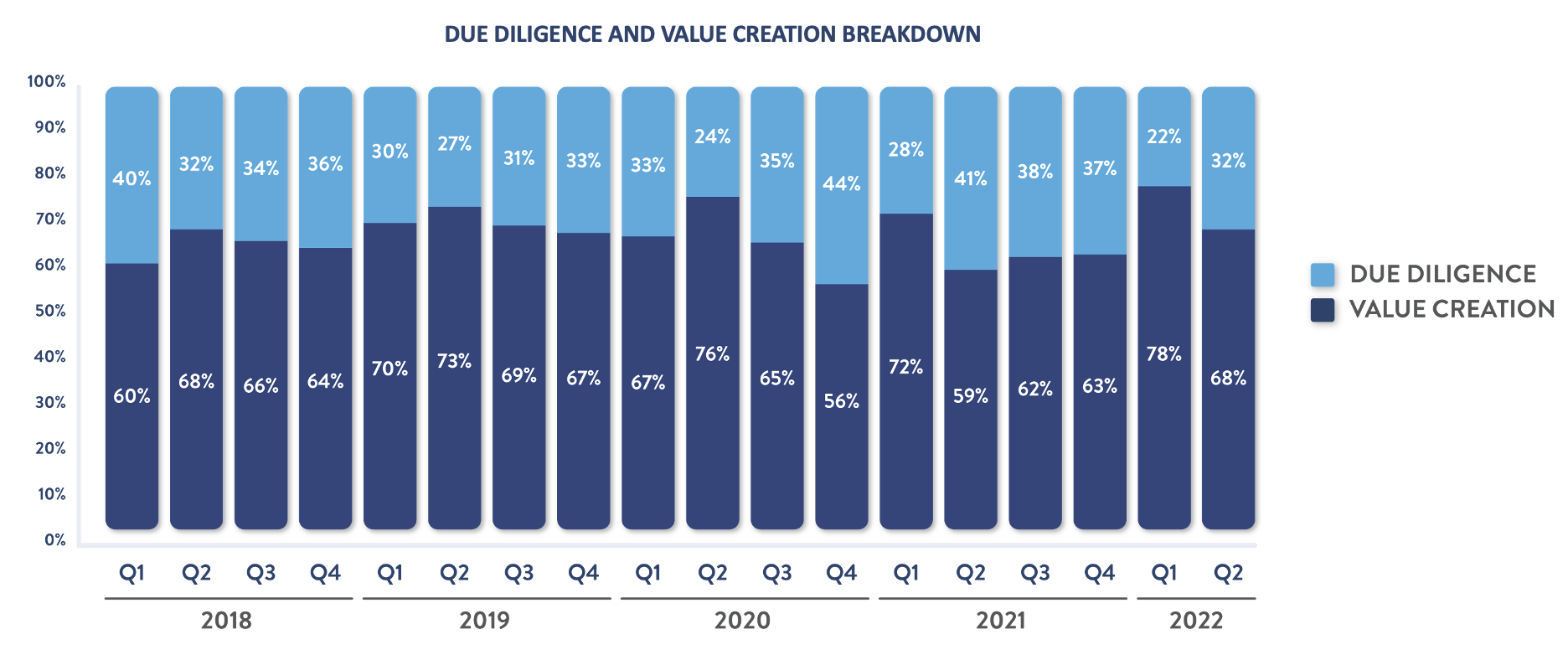Firm comes to BluWave with executive recruiter need for portco
A D.C.-based LMM firm came to us with an executive recruiter need for one of their portfolio companies. This hospitality-focused portco had just acquired assets from one of its largest competitors and was moving into a larger warehouse. The firm urgently needed to place a CEO with deep distribution experience so that s/he could lead the business in implementing a new transportation system, re-branding the organization, and onboarding new employees from the recent acquisition. The firm had already executed an extensive search for an exact-fit CEO to run this $200M business and being 24 months away from an exit, the client was eager to identify candidates that matched their search criteria needs.
BluWave connects client with BluWave-vetted specialty executive recruiters
Leveraging our founder’s 20 years in private equity, we have extensive frameworks for assessing PE-grade specialty executive recruiter needs. BluWave utilizes technology, data, and human ingenuity to pre-map, assess, monitor, and maintain deep pools of specialty executive recruiters that uniquely meet the private equity standard. We interviewed the PE firm to understand their specific key criteria, and then connected the client with the select BluWave-vetted specialty executive recruiter from our invitation-only Intelligent Marketplace that fit their exacting needs.
Selected executive recruiter surpasses client’s expectations
Within the same day of the request, the PE firm was introduced to two exact-fit global providers that specialized in executive search. The client then selected their top choice and was able to begin working with a provider that was a 10 out of 10 fit. The agile provider was able to surpass the client’s expectations and placed a full-time CEO to lead the helm of the portco.






















